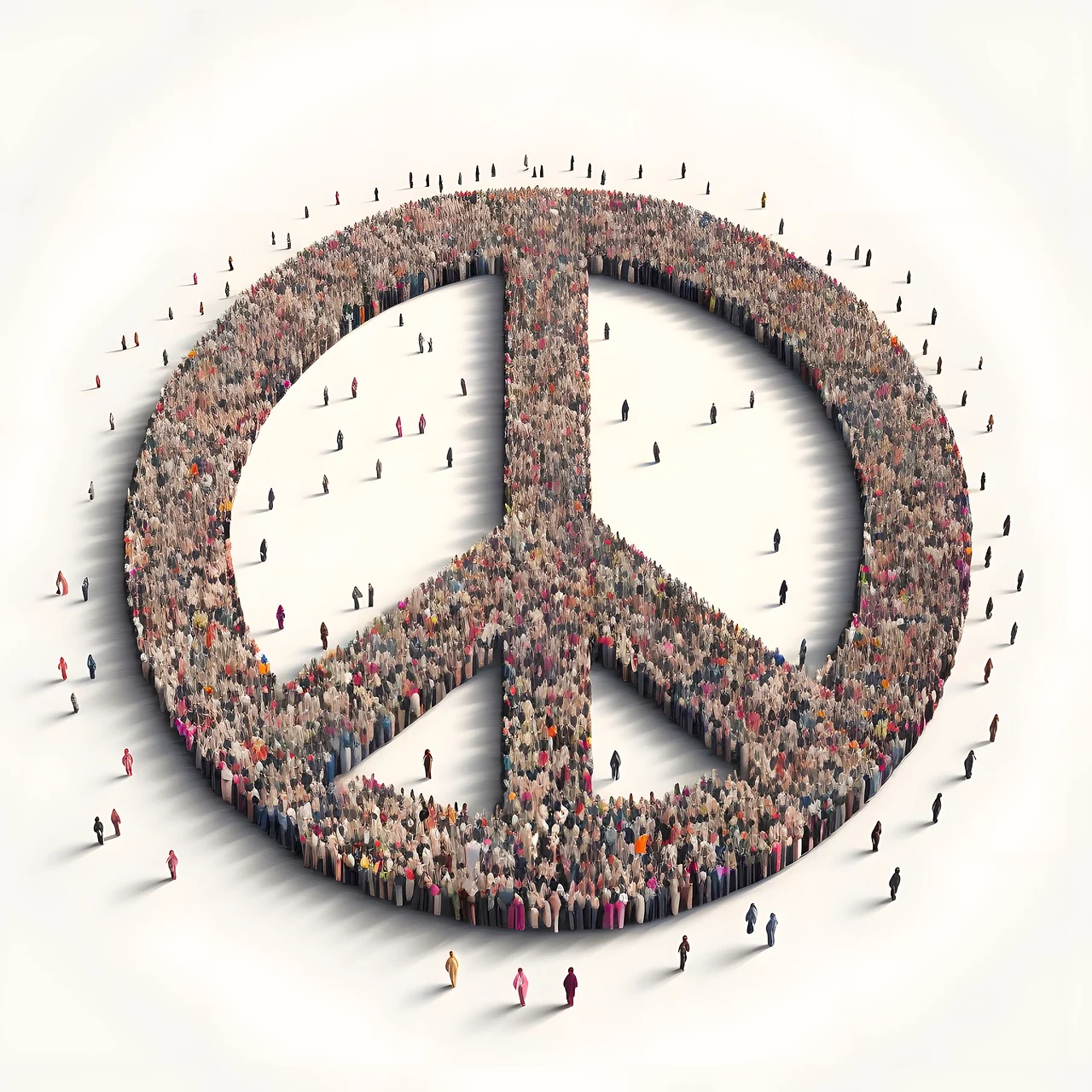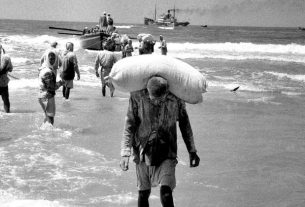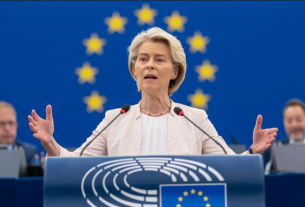The longstanding Israeli-Palestinian conflict has been rooted in territorial disputes, with both sides laying claim to the land in and around the Gaza Strip and beyond. In recent discussions, President Donald Trump suggested that Palestinians vacate the Gaza Strip, a proposal that has sparked intense criticism. Many argue that this stance is not only morally wrong, but it also undermines the human rights of millions of people who call the region home. Such calls echo harmful rhetoric from both sides, including the divisive slogans like “From the river to the sea,” which promote the exclusion of entire populations.
The long standing nature of the conflict, the intricacies and multifaceted aspects has shown that both sides are not going anywhere and neither could successfully dislodge the other from the area in question.
This kind of rhetoric has long perpetuated the cycle of violence and mistrust between Israelis and Palestinians, rather than contributing to any lasting resolution. A more constructive path forward should focus on creating a shared space for both peoples, one where historical claims to land are respected, and the current stalemate is broken.
A potentially groundbreaking solution would be large-scale dredging in the Mediterranean Sea along the coast of Gaza and Israel. Dredging would create additional land, which could be equally and fairly distributed between both parties. This would not only ease the pressure on already strained territories but also offer both Israelis and Palestinians a chance to reclaim land in a manner that can be considered lawful, neutral, and peaceful. Importantly, such efforts would require joint oversight by neutral international bodies and representatives from both sides to ensure fairness, transparency, and collaboration.
While dredging as a means to gain land may sound controversial, it has been employed successfully by other nations, including China, Nigeria, and Saudi Arabia, for various large-scale projects. These nations have been able to manage concerns raised by ecological, wildlife, and conservation groups through extensive planning and research. By applying the lessons learned from these projects, it may be possible to minimize environmental damage while still providing a viable land solution for the Middle East.
From a legal perspective, international law offers a framework for such initiatives, particularly when addressing situations of prolonged conflict. The goal would be to create a land agreement that is not only equitable but also legally recognized by all parties involved. A solution of this magnitude, though ambitious, could break the deadlock and prevent the continuation of generational conflict.
The feasibility of dredging as a solution to the Israeli-Palestinian land dispute would depend on a collective willingness to seek peace. Countries around the world, including those from the Middle East, should rally behind such a proposal if it offers a legitimate chance for the region to move past decades of violence. With funding from various stakeholders and a unified international effort, this initiative could provide a much-needed avenue for both sides to claim their stake in the future. The fund contributed by several Nations and Organizations in sustaining the war for this long should be diverted to such a long lasting effort if truly there is an appetite and genuine wish for the peaceful resolution of these incessant and long standing conflict to end.
The situation in Gaza and Israel remains dire, with both sides enduring loss, suffering, and an uncertain future and the most saddening aspects of all these are the children made to suffer the fall out of these continous conflict on both sides. The international community must consider an innovative, bold, and peaceful solutions such as this one to prevent further bloodshed and build a future of shared prosperity. It is time for leaders to consider ideas that prioritize peace over division, and for the people of the region to have their voices heard in the pursuit of a lasting and just resolution.



